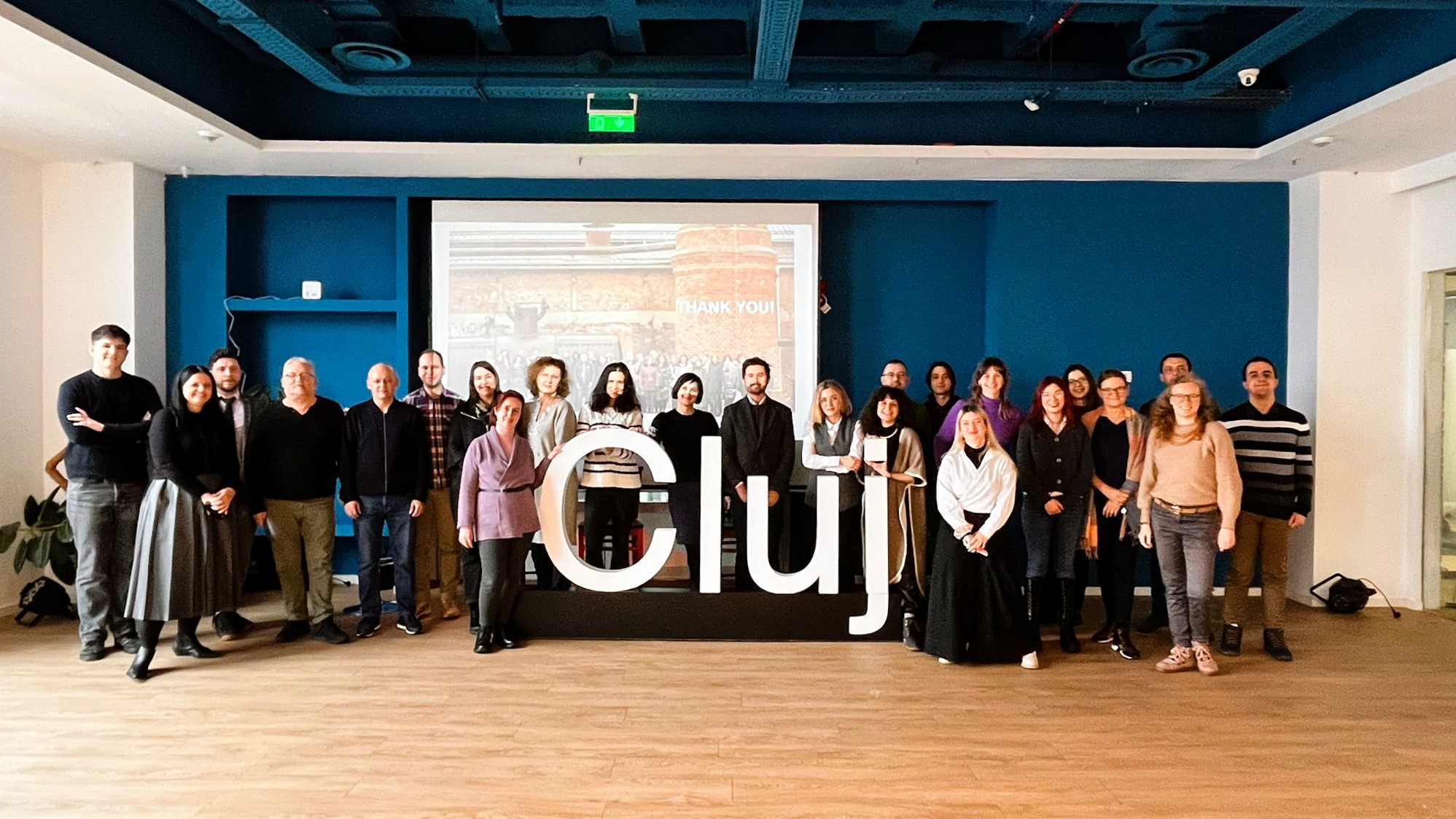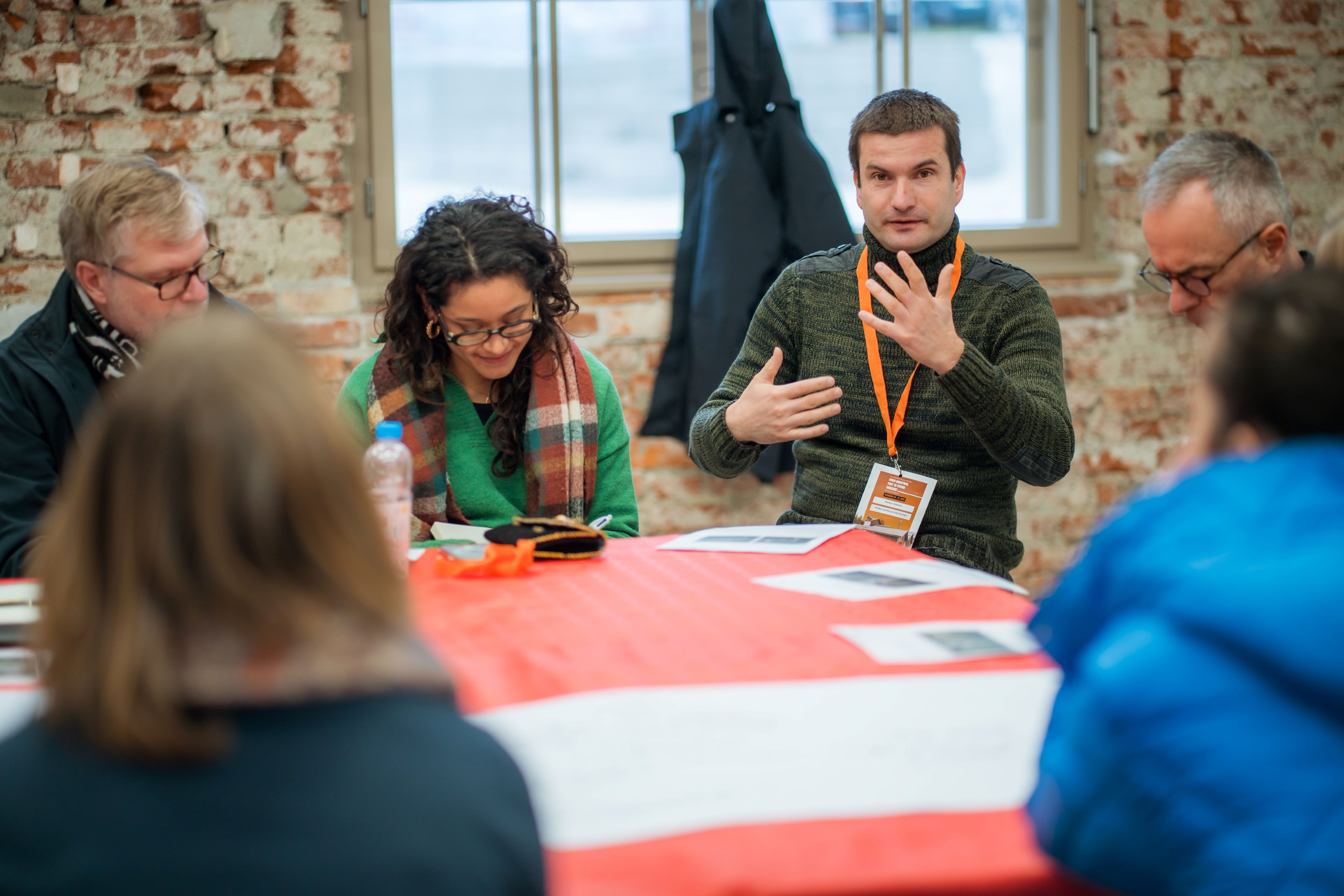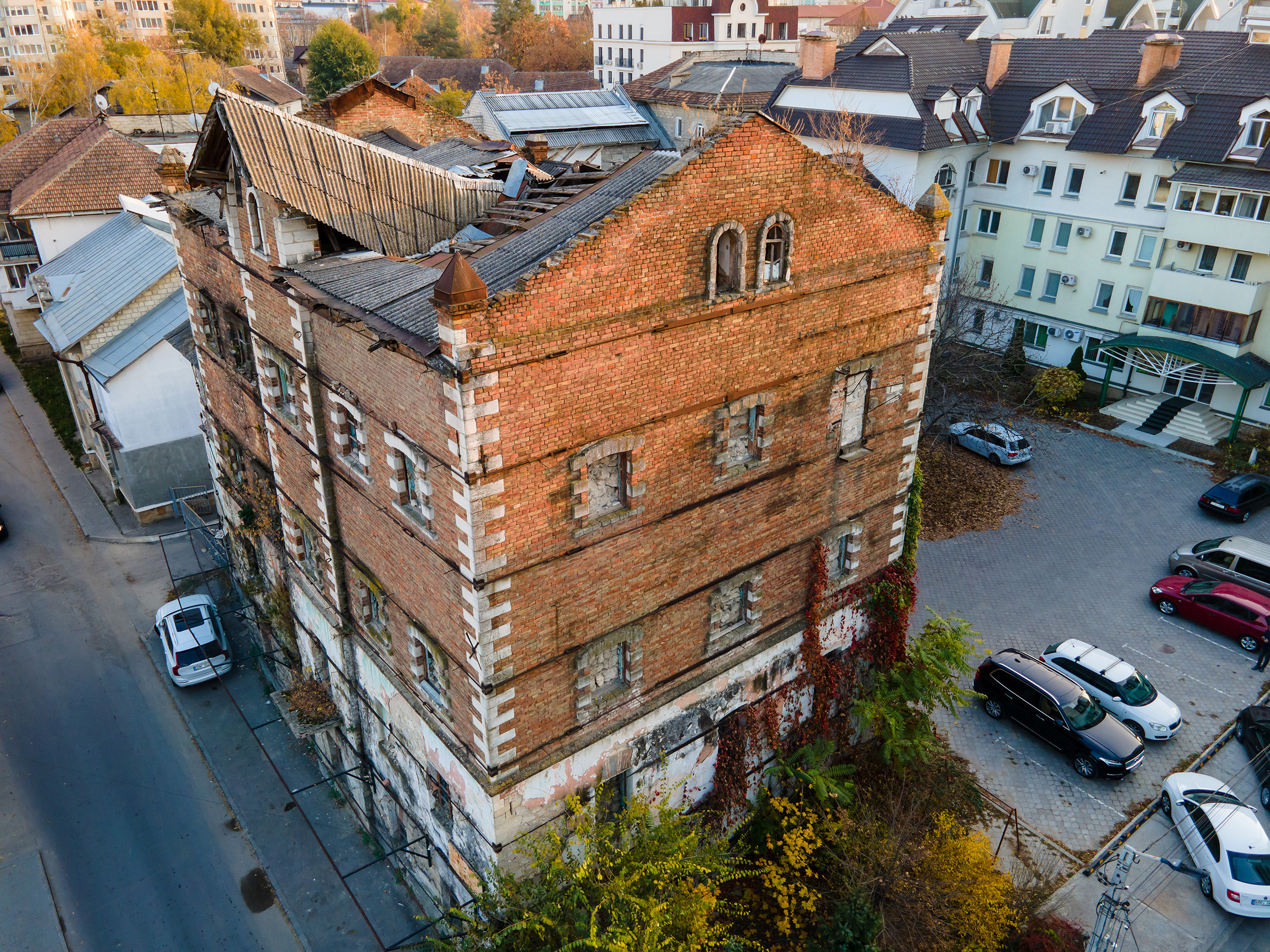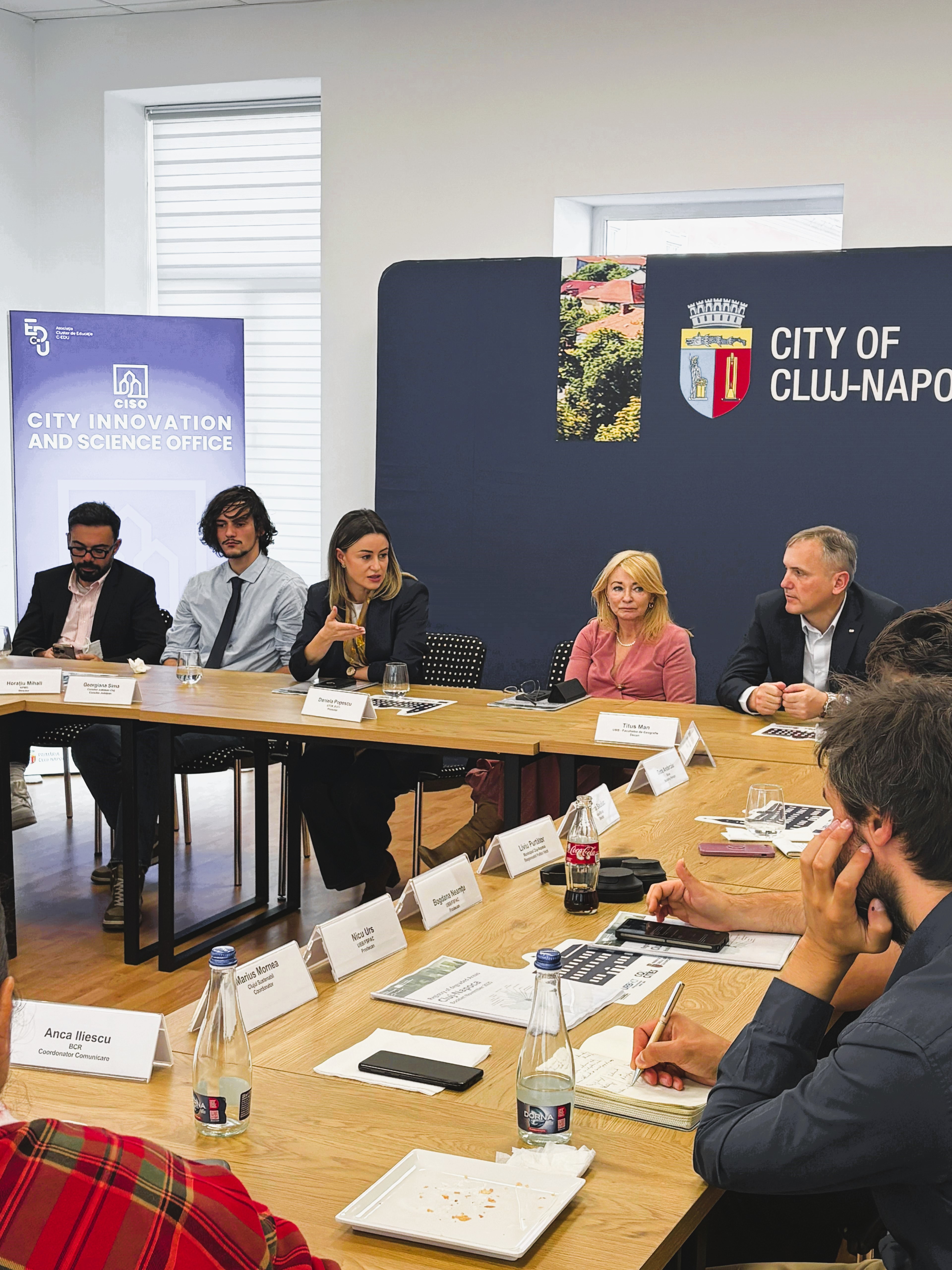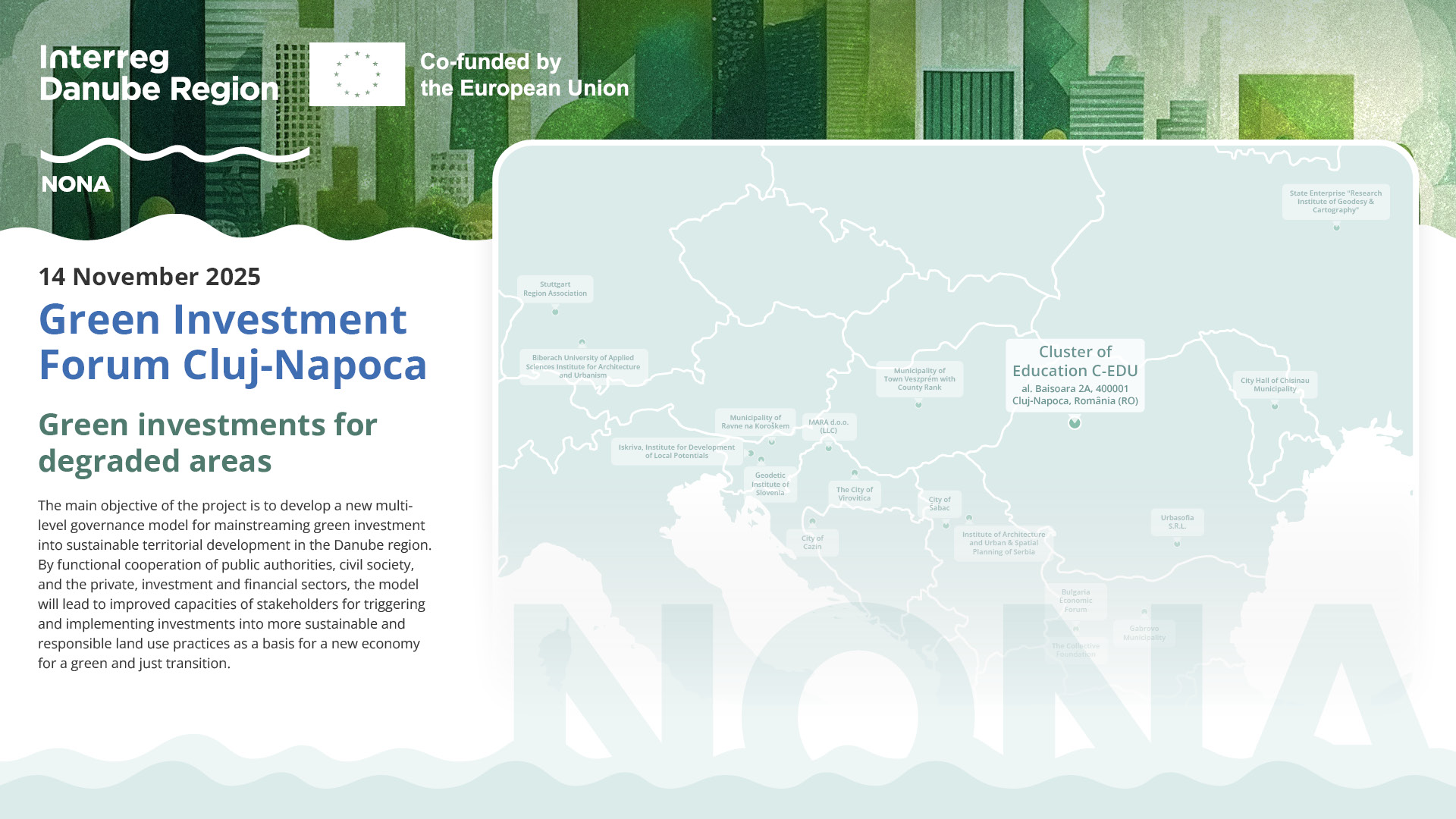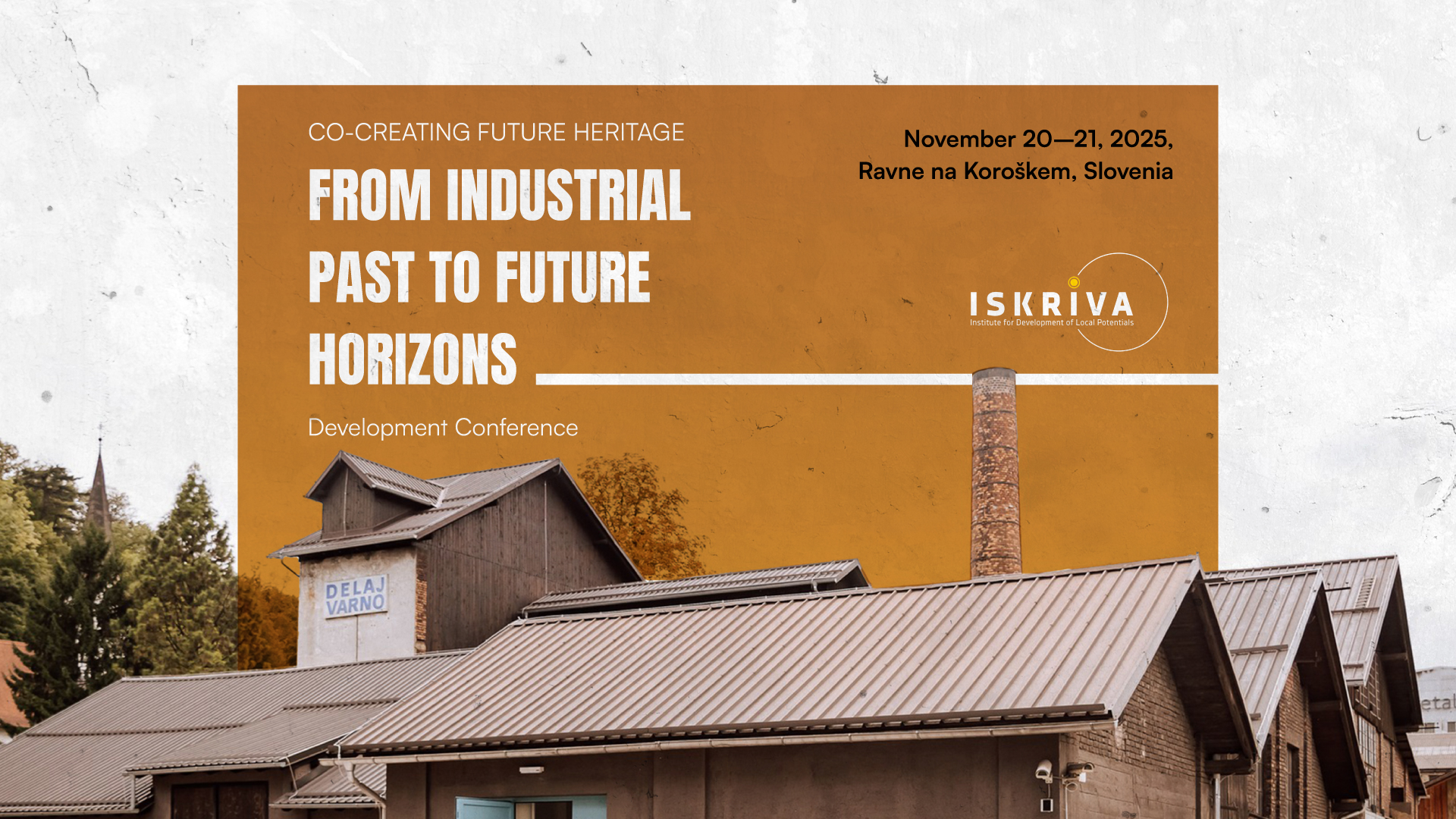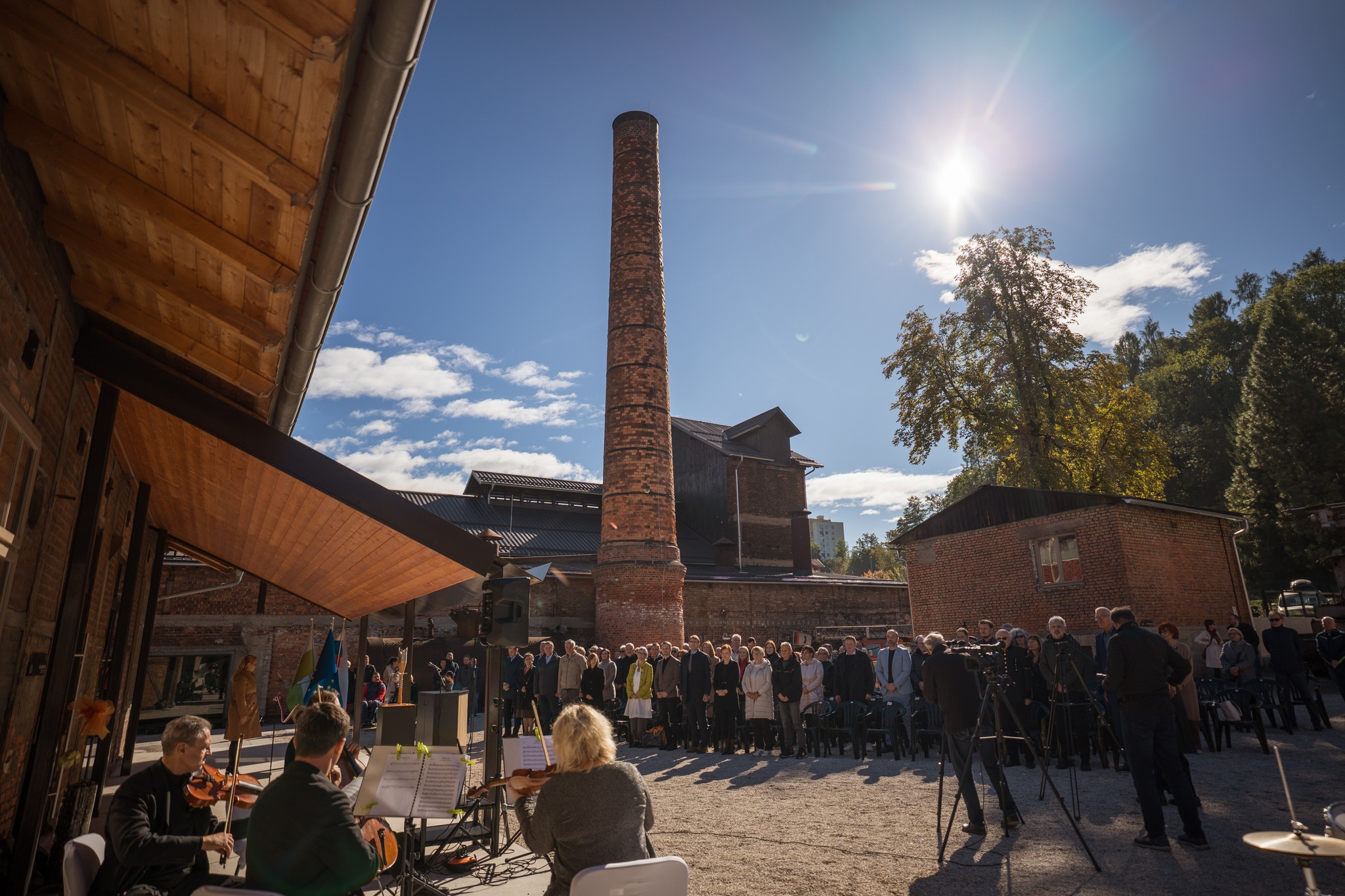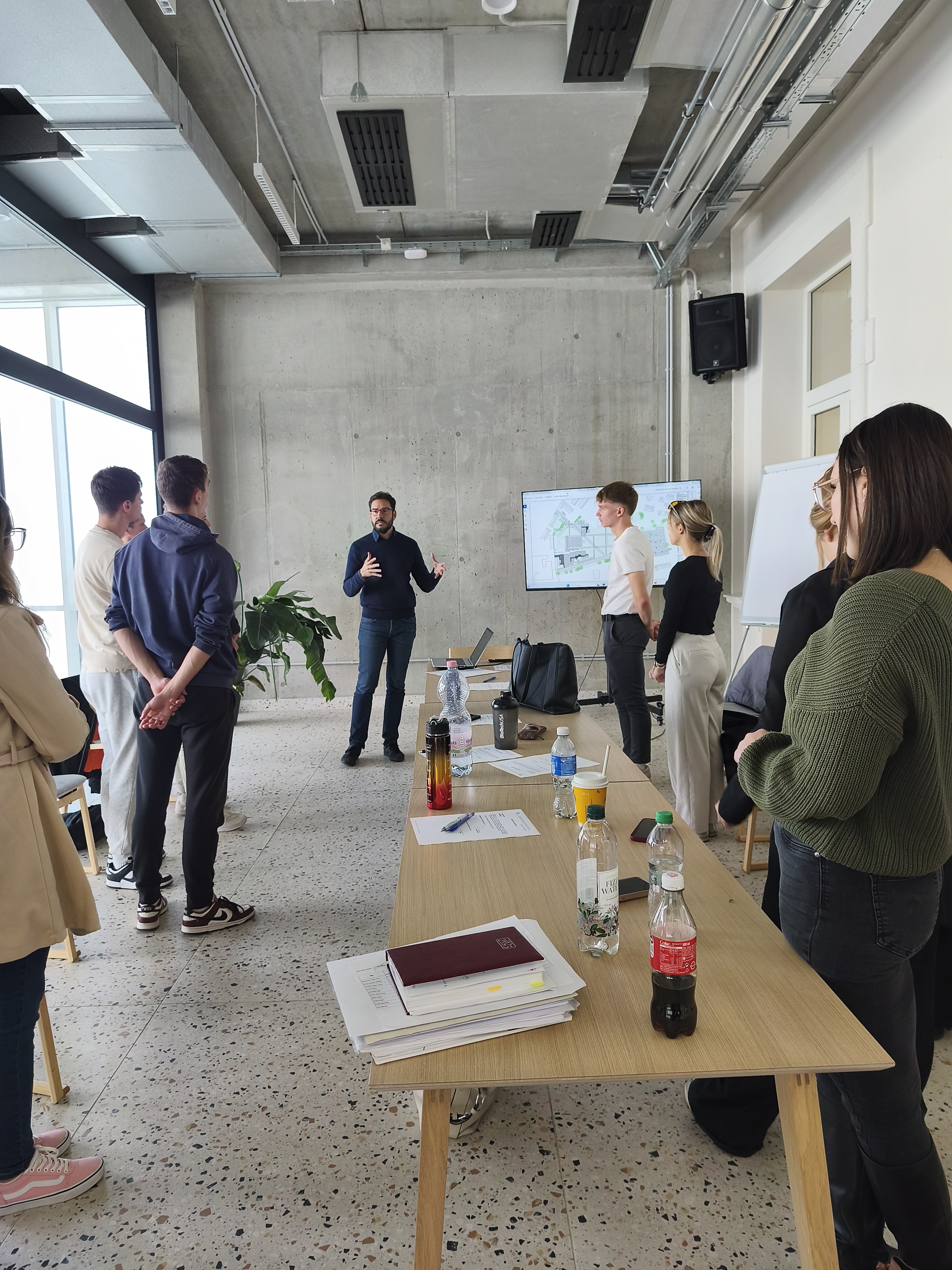
Governance in practice: NONA brings a ‘Think Tank’ to Remseck Stuttgart Region
Introduction In April 2025, the Stuttgart Region launched its first NONA Think Tank in Remseck, marking the start of its pilot activities within the project. As one of ten pilot regions in NONA, Stuttgart brings in its specific challenges and expertise to test new governance models for sustainable and climate-resilient land use. Below, Verena Krappitz from the Stuttgart Region Association reports on the first ‘Think Tank’ of the NONA project in the Neckar river basin in Remseck, posted originally on Interreg Blog.
Governance in Practice: NONA brings a ‘Think Tank’ to Remseck. How can a region strengthen its resilience to climate risks, while considering water, land use together with future challenges? With the first ‘Think Tank’ of the European NONA project, the Stuttgart Region sent a strong signal in April 2025: In Remseck, a new negotiation format was created where local practical knowledge met European perspectives, and concrete ideas for implementing climate-resilient land use practices began to emerge.
The NONA Project: New Governance for New Spaces NONA – New Governance for New Spaces – is a transnational project under the Interreg Danube Transnational Programme. It brings together 18 partner organisations from ten countries – including Germany, Bulgaria, Romania, Slovenia, Croatia, Moldova and Ukraine. NONA aims to develop new models of cooperation for sustainable and climate-resilient land use. While the project as a whole draws on a range of practice-oriented formats and open dialogue, the Stuttgart pilot places a special focus on so-called Think Tanks (Denkwerkstätten). Here, they form the core of the process, bringing together actors from different sectors and sparking new perspectives. As one of ten pilot regions, Stuttgart contributes its specific challenges and experiences to the consortium. The pilot is implemented in close cooperation with Dr Christine Baumgärtner, Advisor for Landscape Development, and Prof. Ute Meyer, Head of the Institute of Architecture and Urban Development at Biberach University of Applied Sciences.
The Remseck Think Tank: Kick-off in the Neckar Basin On 14 April 2025, the first of three Think Tanks addressing land use needs was held at Leutenecker Farm in Remseck am Neckar, one of several NONA focus areas across the Neckar catchment.
Central Question: Rethinking Water in the Landscape The key question was: “How can we manage situations of both too much and too little water in the landscape in the future?” The guiding principle was not only to react in times of crisis, but to set the right course now. Representatives from farming, conservation, hunting associations and municipal authorities came together to explore resilient solutions for managing water retention through improved land use and stewardship. A clear consensus soon emerged: retaining water more effectively in the landscape is essential – as protection against heavy rainfall, as a reserve during droughts, and as the basis for the long-term viability of the region. For agriculture, this means conserving soilsafeguardingyields and preventing erosion. At the same time, much of the region´s economy is concentrated in the flood-prone Neckar valley, where sensitive utilities and industrial facilities depend on reliable infrastructure and stable conditions.
First Results: From Knowledge to Collective Action The workshop made it clear: climate adaptation and water retention cannot remain the sole responsibility of agriculture. A comprehensive and jointly supported mix of measures is needed, integrating multiple perspectives and sharing responsibilities across all land use sectors. Thanks to the expertise, creativity and openness of participants, initial concrete approaches were already developed – such as planning a permaculture pilot project to improve water retention and reduce pressure on sensitive sites. These ideas will serve as a foundation for further work through ongoing dialogue, mutual support and the shared goal of implementing viable local solutions.
Conclusion: Working Together for a Climate-Resilient Region The Think Tank in Remseck am Neckar marked the first step towards integrated, climate-adapted development in the Neckar river basin. The Stuttgart Region thus demonstrates how European projects can deliver tangible impact locally through participatory formats, committed stakeholders and a new culture of planning.
Author: Verena Krappitz
Photo: Participants of the first Think Tank of the European NONA project, April 2025, source urbanes.land
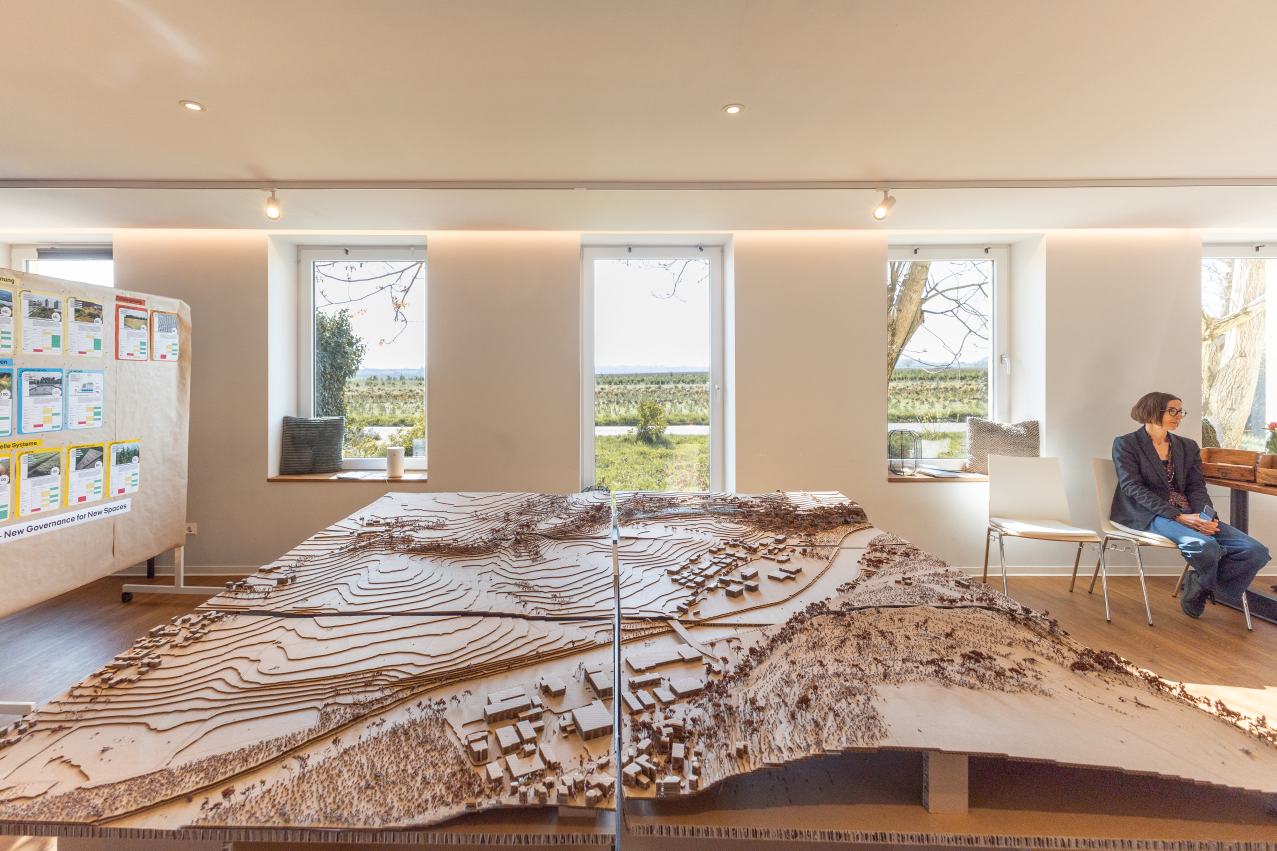
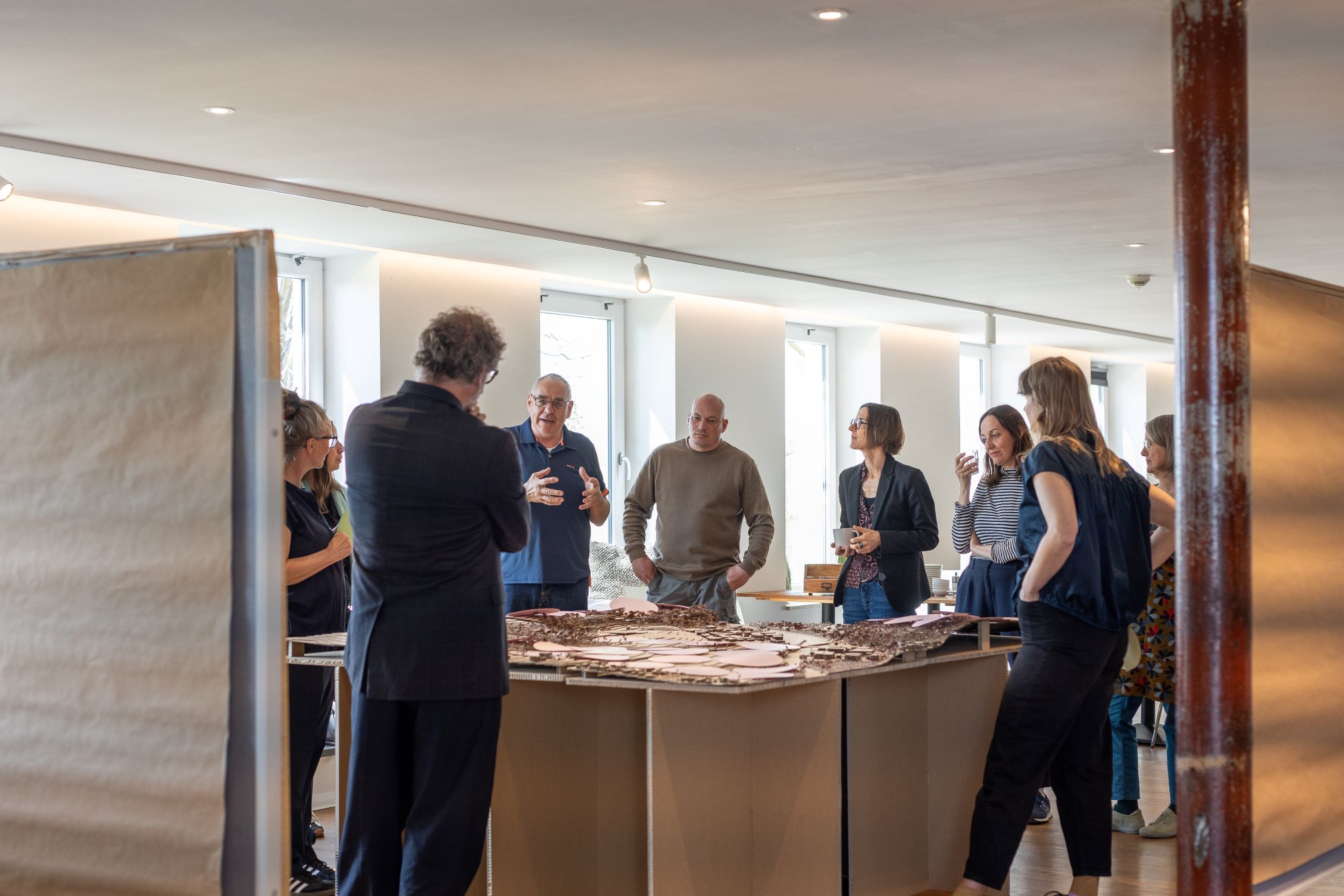
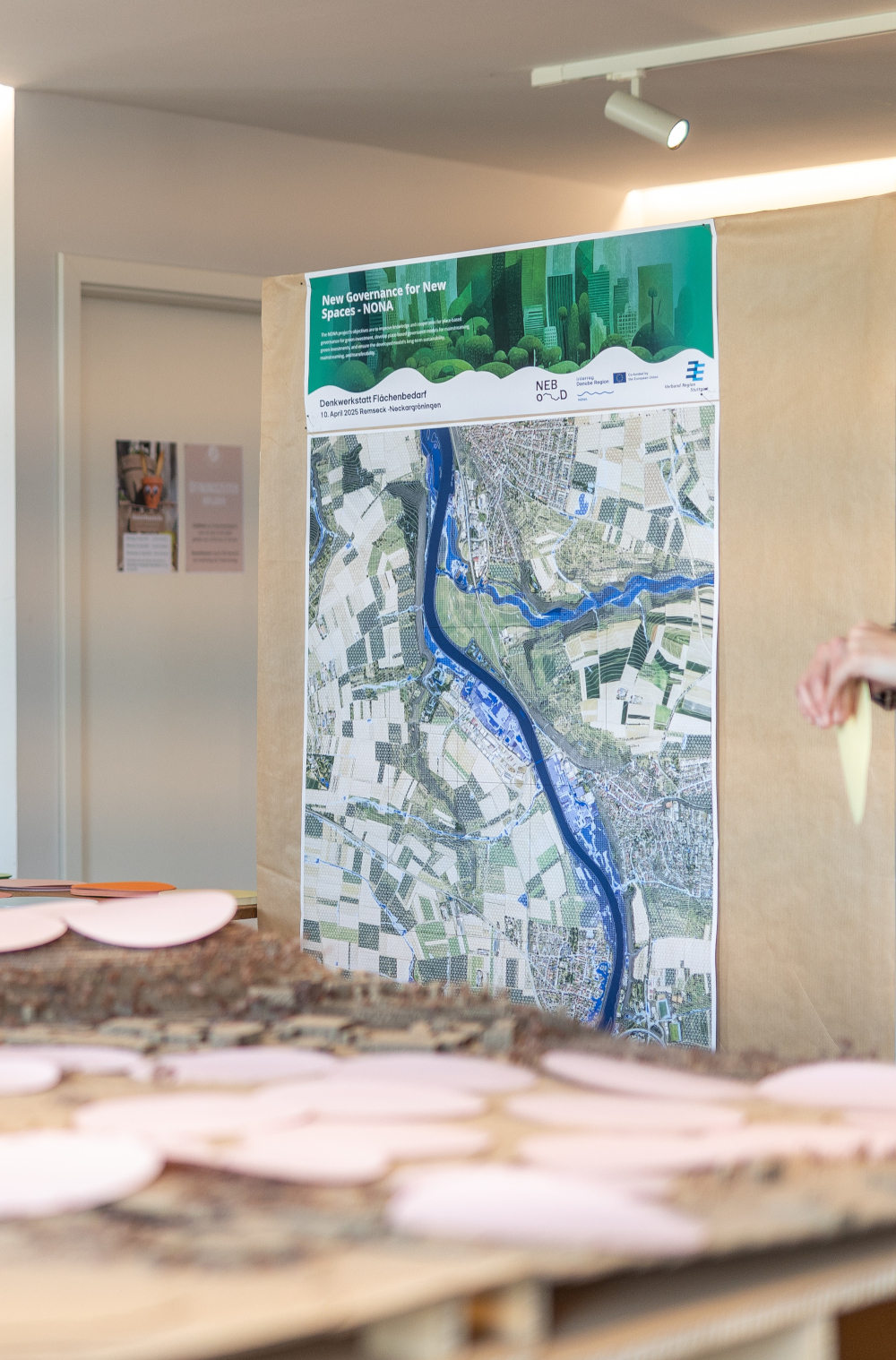
Source: urbanes.land
News & Events
Read the most recent updates and explore the upcoming events.

